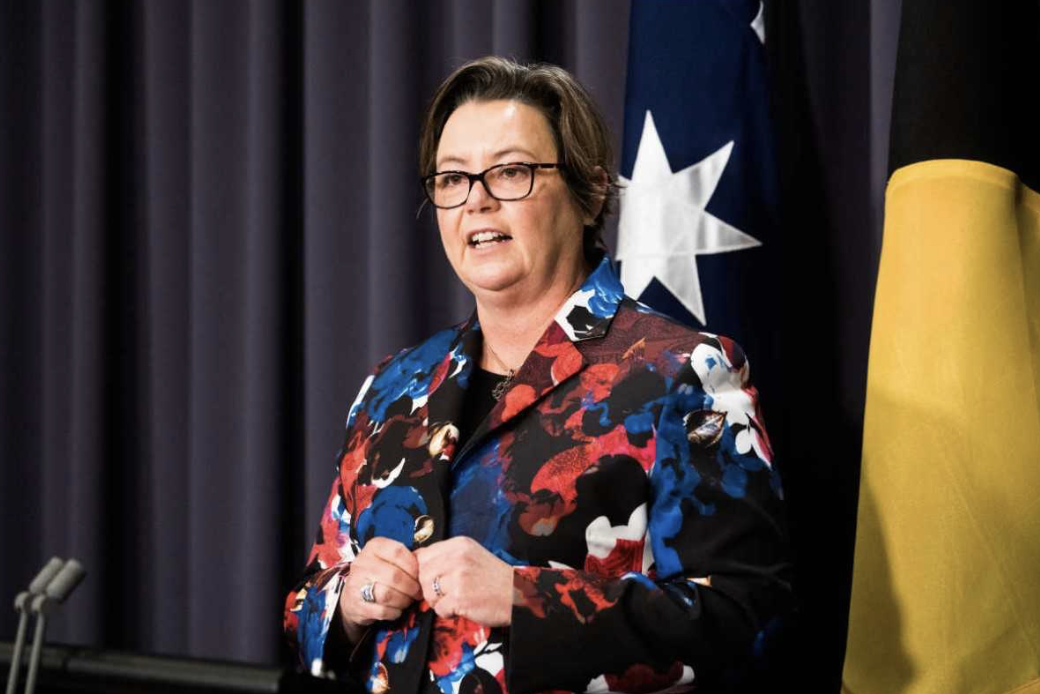
Article by Jacob Greber courtesy of the Australian Financial Review.
South Korean steel maker Posco will partner with Gina Rinehart to pump more gas into the domestic market with a $1 billion coal seam expansion, as the Albanese government insists the fuel is vital to reaching net-zero emissions by 2050.
With work set to begin in coming weeks, one of Australia’s biggest Asian energy allies and Ms Rinehart’s Hancock Energy aim to lift annual production at their jointly owned Queensland Senex venture in the Surat Basin to 60 petajoules within two years.

Senex says the investment, which still needs approval by Environment Minister Tanya Plibersek, will create more than 200 construction jobs at its Atlas and Roma North projects, and help close a looming shortfall in domestic gas supplies that the competition regulator said this month could reach more than 56 petajoules, or 10 per cent of forecast 2023 demand.
Senex will announce the decision ahead of an industry conference in Brisbane on Thursday.
Speaking at the same event, Resources Minister Madeleine King will issue a full-throated defence of coal, gas and other minerals in keeping the economy going as Australia and the world develop technologies needed to decarbonise.
“Without Australia’s resources sector, the world doesn’t have net zero,” Ms King will say, pushing back at elements of her own party.
Urging the Queensland government to make available more acreage for gas companies to extract under the state’s domestic reservation scheme, Ms King says the best solution to the tight domestic and international gas market is to pump more gas.
Rapid decline
“The Queensland gas industry is doing the heavy lifting to ensure there is adequate supply in the two most populous states in the nation,” she says, in a reference to NSW and Queensland.
“I know that the Queensland gas industry is working hard to boost supply, while supply elsewhere is in rapid decline,” Ms King says in a thinly veiled swipe at Labor-led Victoria, where moratoriums and policy decisions to exit gas are hobbling the industry.
Chief executive Ian Davies said the Senex investment in domestic supply would free up more gas for the three major exporting giants, who have been subject to attacks from inside Labor and the Greens for profiteering and favouring foreign buyers over local customers.
“The answer to bringing down prices is a greater diversity of producers in the market and more supply,” said Mr Davies, who is also chairman of the Australian Petroleum Production and Exploration Association.
“For that producers must have the confidence to invest.
“Senex is ready to invest more than $1 billion in new gas supply, and we call on governments and regulators, infrastructure owners and operators, and other gas market participants to work constructively to bring gas to market efficiently and as soon as possible.”
